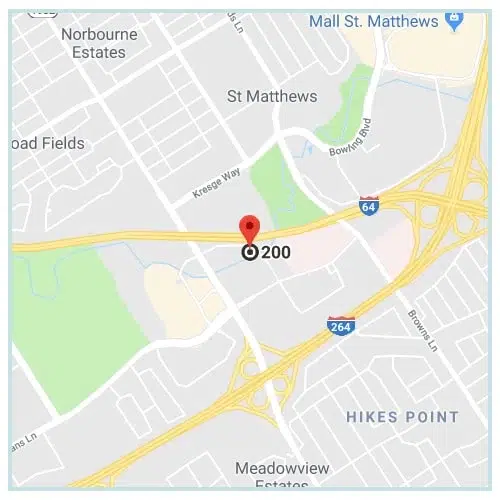It seems like everyone is talking about will, trusts and estate planning right now. This is true even here in Bowling Green and Louisville, Kentucky. After all, in these (seemingly, apocalyptic) times, it is hard to avoid reminders that one day, the sun will rise, but we will not be there to enjoy it. It can be hard to face one’s mortality, but we are here to help those wanting to start their estate planning journey.
Where to begin
The first step is the decision to begin one’s estate planning journey. This is, perhaps, the most important step though, so congratulations! Step one is complete.
Beginning the planning process
Next, take an accurate accounting of all assets, including bank accounts, property (cars, homes, etc.), retirement accounts and everything else one owns. Put pen to paper and account for all of these assets, and then determine their approximate value as accurately as possible. It may also be helpful to determine which items that are not intrinsically valuable, but nonetheless, have emotional value. This will help in the next step of the process. For example, while costume jewelry may not add significant value to an estate, it may have significant value to a family member.
What are the goals?
Now that there is an accounting of what will be included in an estate (in other words, all of one’s assets), the next step is determining one’s estate planning goals. This includes who gets what and how much. However, the goals should also include non-asset related items, like who should make medical decisions, if the drafter becomes incapacitated. It should also include one’s end-of-life wishes, like organ donation, how long to be kept on life support, preferred funeral arraignment (burial, cremation, ceremony, etc.).
Now, get help to make this all legal
Of course, if all of these goals are not in a legally enforceable estate plan, they do not mean anything. This is why the final step is contacting an estate planning attorney. This person will take the information drafted in the prior two steps, and put them into estate planning documents, like healthcare directives, powers of attorneys, will and, when needed, trusts. They can also answer any questions that come up in the process, and make sure that one’s wishes are truly followed when one passes away.




